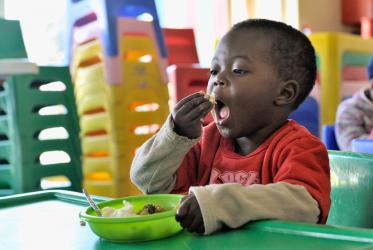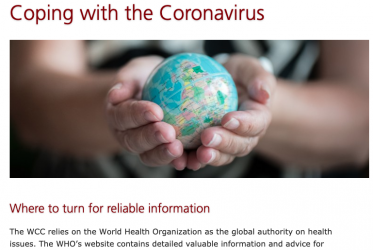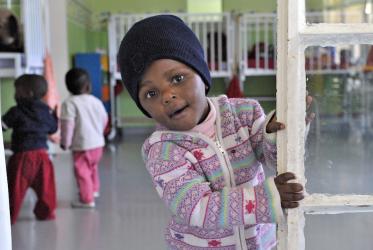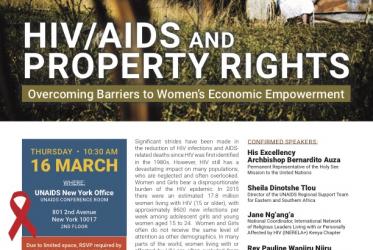Displaying 141 - 160 of 216
G7 must address famine
22 May 2017
Applications open for WCC Eco-School
10 May 2017
UN discussion focuses on women, HIV and property rights
21 March 2017
HIV and AIDS and Property Rights - Overcoming Barriers to Women's Economic Empowerment
16 March 2017
UNAIDS New York Office
“It’s time to be brave, to form diverse partnerships”
02 March 2017












